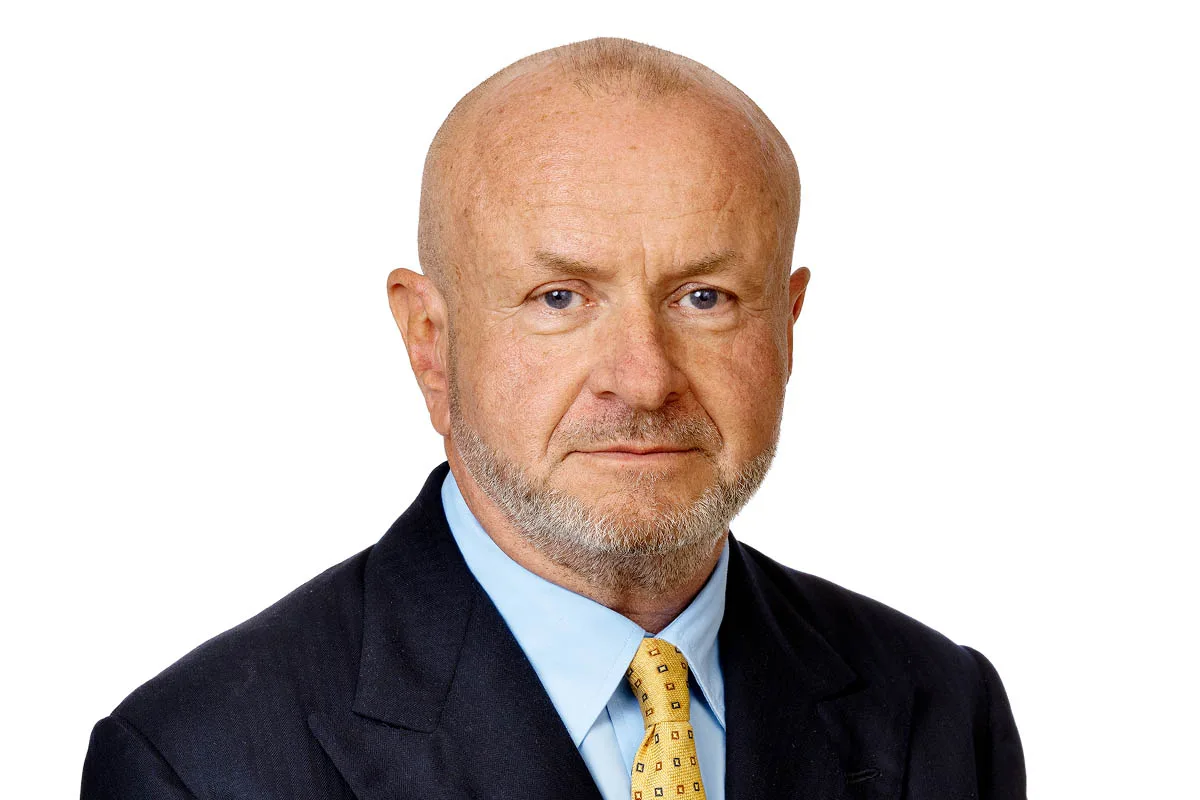Victor Pisante & Others v George Logothetis & Others [2020] EWHC 3332 (Comm)
Henshaw J handed down an interesting judgment on Friday 4 December 2020 regarding the circumstances in which the Commercial Court will grant security for costs.
In the underlying dispute, the Claimants allege that the Defendants fraudulently induced them to enter into certain investments in the shipping market, and claim damages of about US$14 million. The Defendants strongly deny those allegations, and the case is set down for a two week trial in 2021.
In the present application, the Defendants represented by David Allen QC leading Luke Pearce, applied for security for costs against the Claimants, on the grounds that (a) each of them were resident out of the jurisdiction and/or (b) three of them were companies who there is reason to believe will be unable to pay the Defendants’ costs if ordered to do so. The Claimants resisted the application, denying that the relevant criteria for an order for security for costs were satisfied.
Henshaw J granted the application and awarded the Defendants security for their costs. His judgment gives helpful guidance as to the Court’s approach when considering security for costs applications. The following points in particular are of note:
- First, in assessing the adequacy of a claimant’s assets in the context of a security for costs application, it is important to have regard not only to the existence of those assets but also their liquidity. This is because the relevant question is not simply whether the claimant will be able to satisfy the costs order, but whether it will be able to do so within the time ordered by a court. Where a claimant’s main asset is a residential house, which may be difficult to enforce against either at all or within a reasonable time, this is unlikely to be sufficient for these purposes (para 52).
- Second, it is necessary to consider not only the assets of a claimant, but also its liabilities (para 53). The mere fact that a claimant may appear to have assets in excess of any likely costs order that may be made is not sufficient to defeat an application for security for costs if other creditors may have claims against those assets. In the present case, the lack of evidence as to the claimant’s liabilities meant that the Court could not be satisfied that they would be able to satisfy a costs order against them.
- Third, where a claimant has not been fully transparent about its asset position, this will count against it in the assessment of its ability to pay a future costs order (para 63, 81). On the facts of this case, the Judge found that the Claimants had not been fully transparent in this case, but instead had demonstrated a “lack of frankness”.
- Fourth, it is also important to have in mind that the question whether a claimant will be able to pay a costs order if made is a forward looking one, having regard to the likely position at the time a costs order may be made (para 65). It follows that the mere fact that a claimant may, at the time of the application, appear to have assets against which a costs order may be enforced will not be enough to defeat a security for costs application if there is a risk that the claimant’s position may in the future change.
- Fifth, in assessing whether a claimant’s residence abroad may give rise to obstacles to enforcement of any costs order (for the purposes of Nasser v United Bank of Kuwait [2002] 1 WLR 1868), it is important to have regard to the difficulties which a defendant may have in identifying the claimant’s assets as a result of its residence. Thus if a company is registered in a country which does not require its companies to publish its accounts (such as the BVI), this fact may give rise to a complete obstacle to enforcement (so as to justify an order for security for costs) even if the assets (once located) could be enforced against in that jurisdiction (para 72).
At the subsequent consequentials hearing, Henshaw J. awarded the Defendants 95% of their assessed costs and the Claimants’ application for permission to appeal was refused.
David Allen QC was instructed by Campbell Johnston Clark.
Please view the judgment here.

